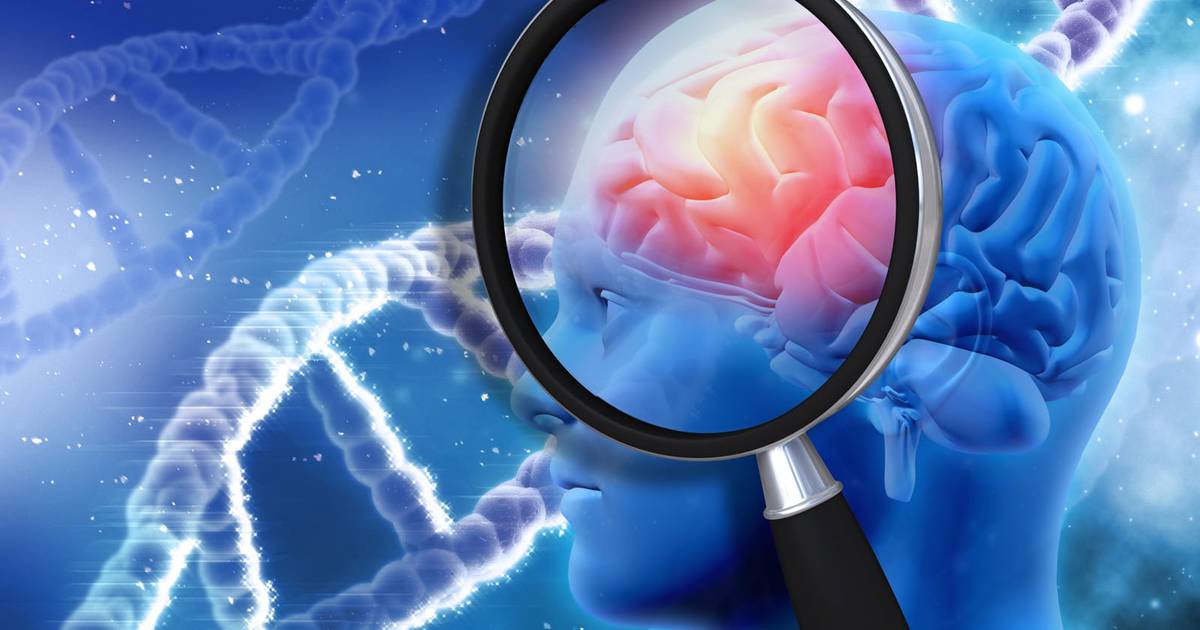Parkinson’s Disease – Causes And Treatments
When a person is diagnosed with Parkinson’s disease, it means that his or her brain is failing to produce dopamine at an average pace. Dopamine is what signals the nerves in the body to function a certain way and perform precise movements. Without it, a person begins to experience tremors, as well as changes in speech and difficulty performing day-to-day activities. Often, muscles become stiffer, and one’s movements slow down significantly.
What Causes Parkinson's Disease?

Little is known about what may cause Parkinson’s disease to develop. Researchers have found some clues, but there is still a lot to be explored. One possible link that has been discovered is a tie between genetics and the formation of this condition. A few cases have shown that Parkinson’s develops due to an abnormal gene and that those who have had relatives diagnosed later discovered they had Parkinson’s, as well. This suggests that those who have Parkinson’s in their family history may be more prone to develop it themselves.